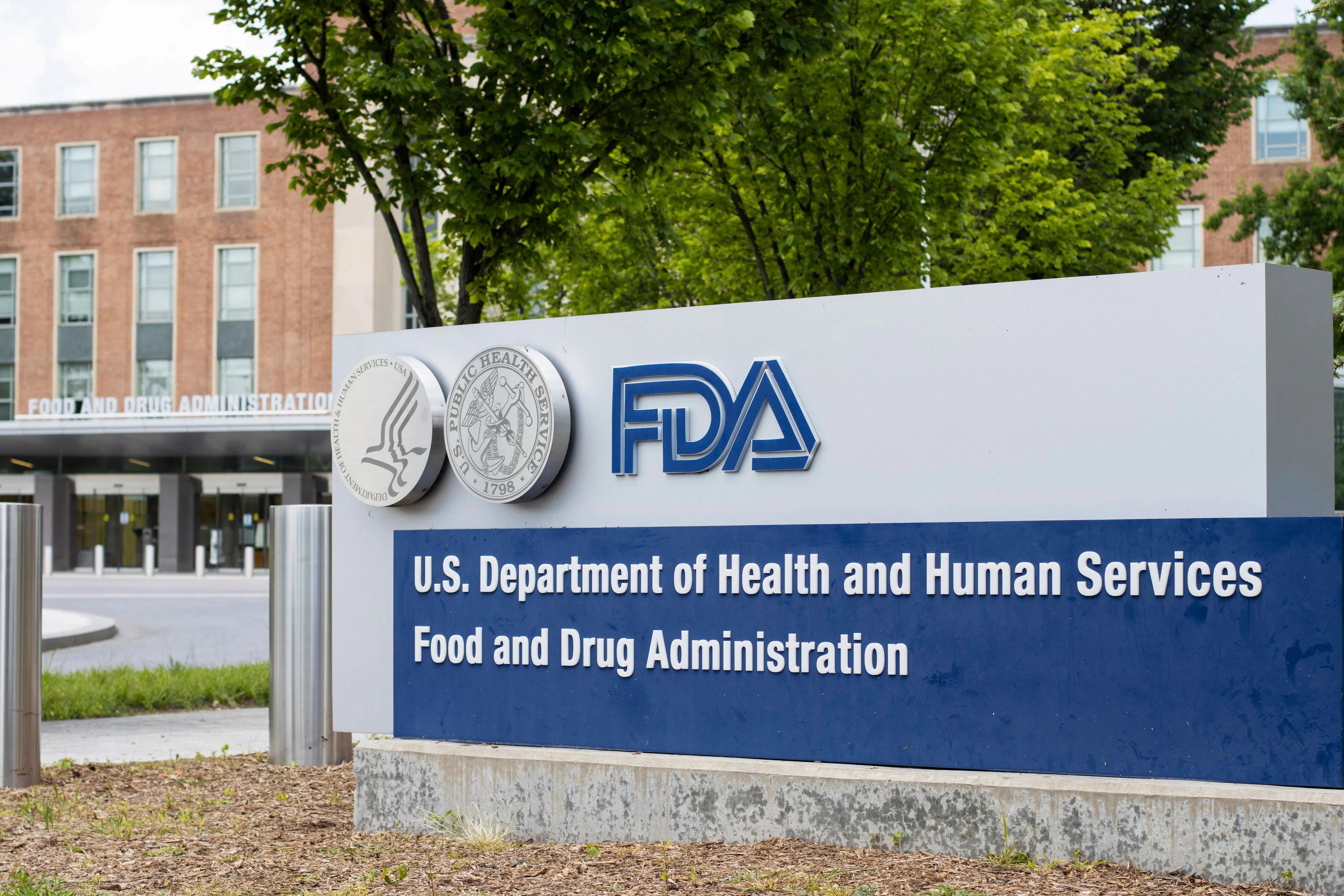FDA Roundup: Generic Naloxone, Pediatric Low-Grade Glioma Treatment
Check out important updates from the FDA for the week of April 22.
FDA Approves Generic OTC Naloxone Nasal Spray
FDA Roundup: Generic Naloxone, Pediatric Low-Grade Glioma Treatment / grandbrothers - stock.adobe.com

The FDA approved a generic 4 mg naloxone hydrochloride nasal spray for OTC use to treat drug overdose from opioids, Amneal Pharmaceuticals said in a release.The naloxone hydrochloride from Amneal is a generic equivalent to OTC Narcan, which received approval from the FDA in March 2023. Naloxone hydrochloride is an opioid antagonist that can temporarily reverse a drug overdose from opioids, including heroin, fentanyl, and prescription opioids.
Naloxone hydrochloride was first approved by the FDA as a prescription drug in 2015. Emergent BioSolutions, the manufacturer of Narcan, provided the FDA with data showing the drug can be used safely and effectively as directed in the proposed labeling to facilitate the switch from prescription to OTC product. The company also showed consumers could understand how to use it effectively without the supervision of a health care professional.
According to data from the National Institute on Drug Abuse, there were over 106000 overdose deaths in 2021. More than 80000 of those deaths involved an opioid, up from the 68630 deaths in 2020. Overdose deaths in the country show no sign of slowing down. Recent data from the CDC showed there were 109000 overdose deaths in 2022 with 70% due to synthetic opioids like fentanyl, highlighting the critical need for quick and effective overdose treatment.
READ MORE: Voices in Pharmacy: April 2024 Expert Interviews
FDA Grants Tovorafenib Approval to Treat Relapsed or Refractory Pediatric Low-Grade Glioma
The FDA has granted accelerated approval to Day One Biopharmaceuticals’ tovorafenib (Ojemda) as a once weekly monotherapy to treat patients with relapsed or refractory pediatric low-grade glioma (pLGG) harboring a BRAF fusion or rearrangement, or BRAF V600 mutation, the company announced in a release.
Tovorafenib’s approval represents the first systematic therapy to treat pLGG, the most common type of brain tumor diagnosed in children aged 6 months and older. Patients with pLGG may experience tumors and treatment-associated morbidities detrimental to life expectancy. Prior to the approval of tovorafenib, there was no standard of care or therapy available to treat the pediatric disease.
The approval of tovorafenib was based on data from the phase 2 FIREFLY-1 trial (NCT04775485), in which the therapy demonstrated an overall response rate of 67% and a clinical benefit rate of 93% in 69 participants. With 136 patients treated in both arms 1 and 2 of the trial, safety data showed that the therapy was well-tolerated by participants.
FDA Issues CRL for Epidermolysis Bullosa Gene Therapy
The FDA has issued a complete response letter (CRL) to a biologics license application (BLA) for prademagene zamikeracel (pz-cel) because the agency said it needs more information to satisfy chemistry manufacturing and controls (CMC) requirements, according to a release from Abeona Therapeutics.
The information requested by the FDA in its CRL is related to validation requirements for certain manufacturing and release testing methods. Some of these requirements were recorded during a pre-license inspection that took place at the company’s manufacturing facility in Ohio and was concluded on March 1.
The FDA in its CRL said that the timing of the data which was to be submitted by Abeona would not give the agency enough time to complete its review by the May 25 prescription drug user fee act (PDUFA) date. The release from Abeona noted that the FDA did not identify any deficiencies in the efficacy or safety data in the BLA and did not request any additional clinical trials or clinical data.
Vish Seshadri, CEO Abeona, said in the release that the company anticipates re-submitting the BLA for pz-cel to the FDA in the third quarter of this year with all of the necessary updates to satisfy the deficiencies outlined in the CRL.
FDA Approves Pfizer’s Gene Therapy for Hemophilia B
The FDA has approved fidanacogene elaparvovec-dzkt (Beqvez) for the treatment of moderate to severe hemophilia B in adult patients who currently use factor IX (FIX) prophylaxis therapy, or have current or historical life-threatening hemorrhage, or have repeated, serious spontaneous bleeding episodes, and do not have neutralizing antibodies to adeno-associated virus serotype Rh74var (AAVRh74var) capsid, Pfizer announced in a release.
Fidanacogene elaparvovec-dzkt is an adeno-associated virus-based gene therapy that imparts a functional copy of the FIX gene into transduced cells. Compared to the current standard of care, which requires intravenous infusions of FIX to be administered multiple times a week or month, fidanacogene elaparvovec-dzkt is a 1 time treatment that allows patients with hemophilia B to produce FIX themselves.
The approval of fidanacogene elaparvovec-dzkt was based on data from the Benegene-2 study (NCT03861273), in which the gene therapy met its primary endpoint of non-inferiority in the annual bleeding rate (ABR) of total bleeds post-Beqvez infusion versus prophylaxis regimen with FIX, administered as part of usual care.
READ MORE: FDA Updates Resource Center
FDA Approves Second Formulation of Humira Biosimilar Cyltezo
May 1st 2024According to Michael Osso, president and chief executive officer of the Crohn’s & Colitis Foundation, “the flexibility of having multiple biosimilar formulations to choose from is important to support broader patient access to biologic medicine.”